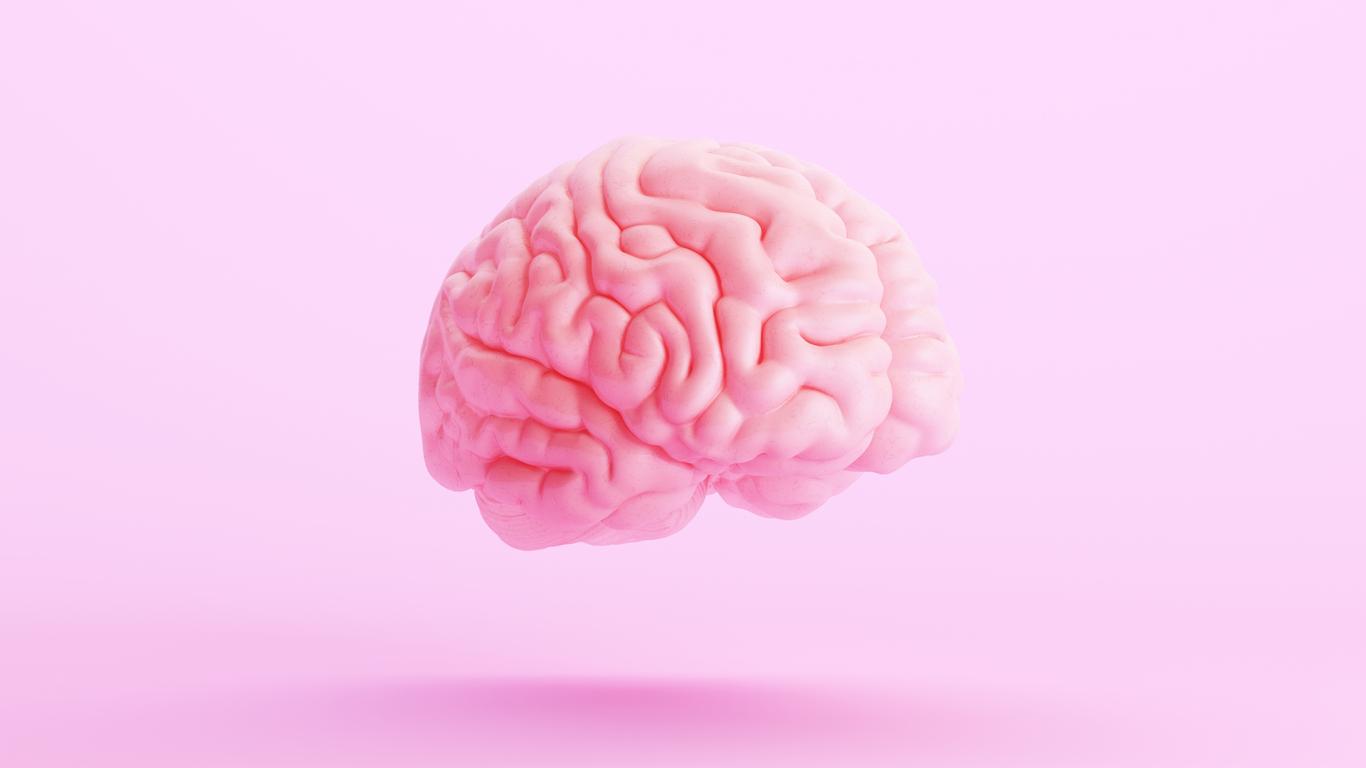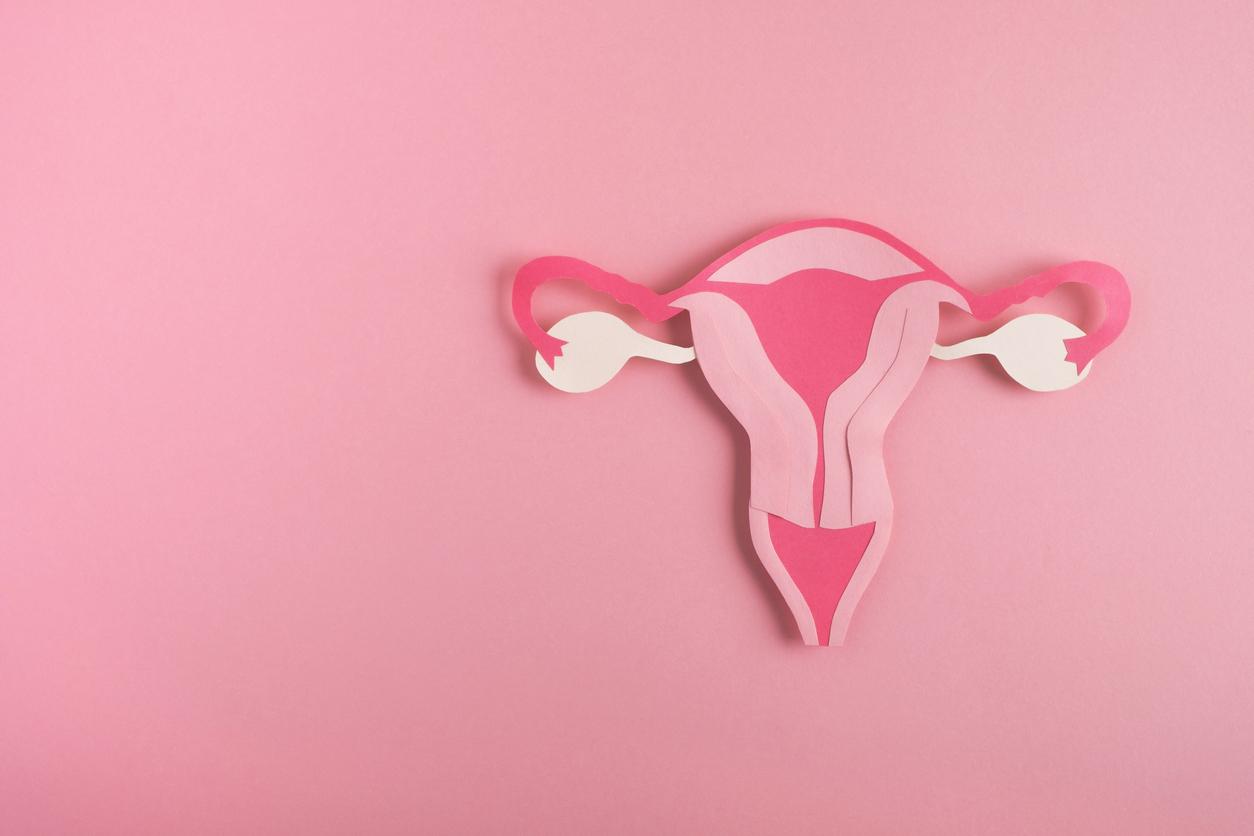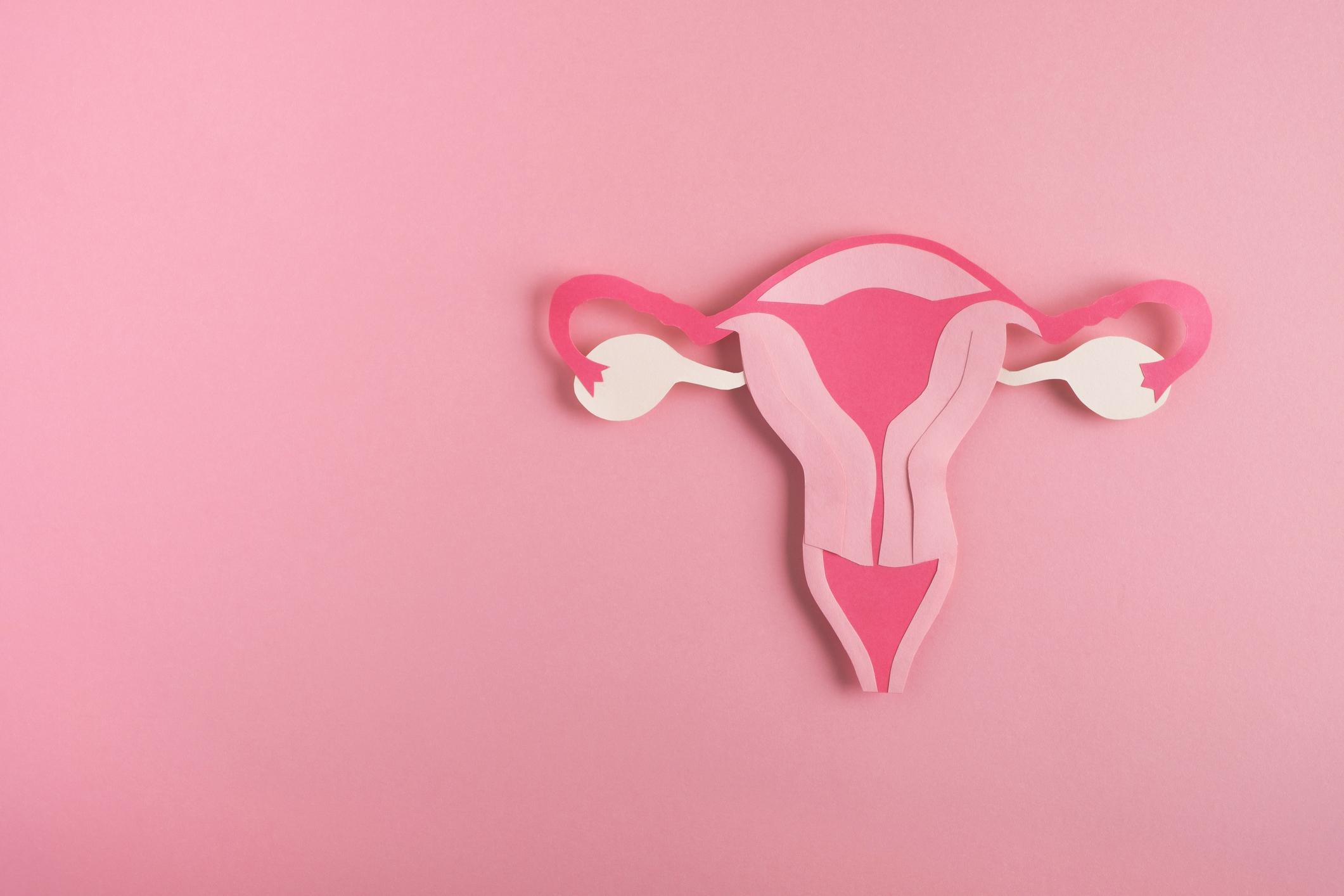Removing the ovaries before menopause is linked to a reduction in white matter in the brain, a new study finds.

- Removal of both ovaries before natural menopause causes sudden endocrine dysfunction.
- It also causes a decrease in white matter in certain areas of the brain, according to a new study.
- The team says further research is needed to better understand the changes seen in the brain after this operation.
“We know that removing both ovaries before natural menopause causes sudden endocrine dysfunction, which increases the risk of cognitive impairment and dementia.”says Michelle Mielke of Wake Forest University School of Medicine. “But few neuroimaging studies have been conducted to better understand the underlying mechanisms.”
To understand this phenomenon, his team examined MRI scans of more than 1,000 women. They found that those whose ovaries were removed before menopause had reduced white matter in several regions of the brain.
Decreased white matter after bilateral oophorectomy
After studying brain imaging and medical records of the participants, the researchers found that women who underwent bilateral oophorectomy before age 40 had significant reductions in white matter in several regions of the brain.
Michelle Mielke explains via a communicated : “There were also trends in some brain regions. For example, women who had premenopausal bilateral oophorectomy between ages 40 and 44 or 45 and 49 also had reduced white matter integrity, but several of these findings were not statistically significant.”
This work was published on June 20, 2024 in the journal Alzheimer’s & Dementia: The Journal of the Alzheimer’s Association.
Is the sudden drop in hormones the cause?
Why does the amount of white matter in the brain decrease after the removal of the ovaries? The expert puts forward a hypothesis: “Removal of both ovaries results in a sharp decrease in estrogen and testosterone in women. Therefore, one possible explanation for our results is the loss of estrogen and testosterone.”
The team says further research is needed to better understand the changes observed in the brain.
“Although these findings are important for women to consider before undergoing premenopausal bilateral oophorectomy for non-cancerous conditions, we need a larger and more diverse cohort of women to validate these findings,” confirms the scientist.
















